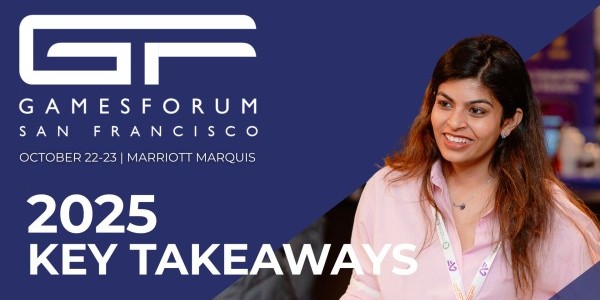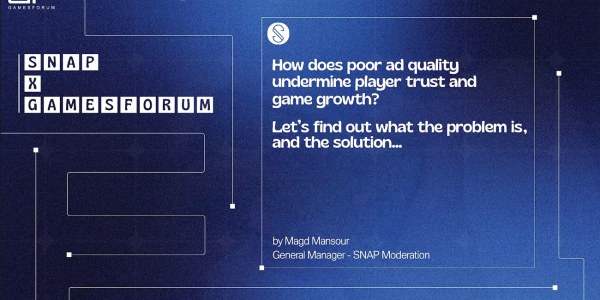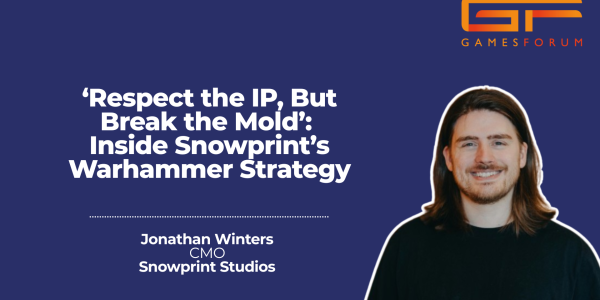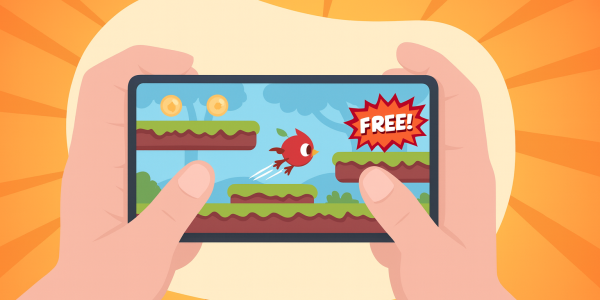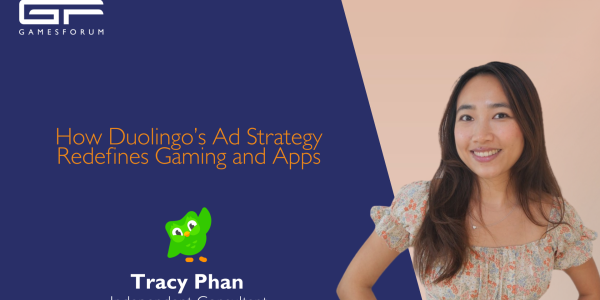Six Lessons the Industry Can Learn from BLKBOX.AI’s Approach to Creative Iteration

We recently caught up with Sam Wallace, Director of Sales at BlKBOX.ai, following his appearance at Gamesforum Barcelona, where he unpacked how studios can navigate creative iteration using AI. With so many teams still trapped in reactive loops, endlessly tweaking, testing, and praying it works, Sam offered a sharp, unsentimental look at why most studios are doing it wrong, and how they can do it better.
If your team is drowning in assets but starved of insight, this one’s worth your time.
You can watch the full conversation here, or read through some of the takeaways we've summarised below.
6. “It's not about rapid iteration. It’s about intelligent iteration.”
“The balance is in the middle… Make sure you're iterating for the right user at the right time - not just blindly.”.”
Sam highlights a valuable point: AI’s value is not in speed alone, but in making speed meaningful. Teams must resist the temptation to scale for its own sake. Instead, they should aim to use AI to accelerate insight, not just output.
In the future, creative success will hinge not just on production ability, but on orchestration - when, where, and how the right message reaches the right user.
5. “You can’t spray and pray, audiences are unique”
“What works on Meta in the UK is going to be different from TikTok in the U.S.”
Assuming that just because a creative did well on one platform, it'll do well on another, is wrong. Different platforms reward different storytelling conventions. Meta rewards direct, front-loaded CTAs; TikTok rewards native, lo-fi, creator-led formats. Sam calls for audience-specific iterations, driven by segmented data.
Regional and platform-level creative data should be tracked separately. Performance by audience cluster demographics, behavior, culture - can be used to personalise creative at scale, increasing both relevance and ROI.
4. “A winning iteration needs to be born out of data”
“It can’t just be changing a background or a colour… We use performance data to make a new qualitative story.”
The term "iteration" is often misused. Minor cosmetic changes are not iterations, they're tweaks. True iteration leverages performance signals to tell a better, more relevant story. Sam argues that standardised datasets - hooks, CTAs, visual elements - should inform the next wave of creatives.
Systems like creative intelligence platforms can map these signals at scale, tracking what elements (audio cues, themes, visual pacing) drive engagement. This shifts iteration from gut feel to a repeatable process that's actually tried and tested and not just guesswork.
3. “The way we test creatives is broken”
“What runs first runs fastest. So we’re not even testing fairly - we’re letting the ad auction decide what wins.”
Many companies treat creative testing as a batch-and-blast exercise, meaning they'll upload 50 creatives, run them across Meta, and hope the auction gives you a winner. But Sam points out this is not a controlled experiment. Without control over spend distribution or audience segmentation, the results are skewed by auction dynamics.
Controlled creative testing - where variables like spend, placement, and audience are normalised - is essential.
2. “We’re building garbage at scale”
“Now that we can make iterations fast, we’re flooding UA teams with garbage. The problem has just moved down the line.”
AI has solved one bottleneck - production speed, but introduced another. Without strategy, automated tools produce excessive, low-quality content. Sam's point underscores a critical shift: automation is only useful if paired with intelligent prioritisation and filters.
1. “Most creative teams are stuck in a copycat ecosystem”
“70% of a UA or creative’s time is spent on iterations. That only leaves 30% for new ideas, new concepts, new strategies.”
Studios are caught in a reactive loop, replicating what already works instead of innovating. This dynamic stifles ideation and leads to market saturation, where similar creatives compete for attention with not much return. Forward-thinking teams must shift their balance, freeing up more time for original storytelling and using AI to handle repetitive iteration.
Sam will be talking about all things creative iteration using AI at Gamesforum Hamburg - get your tickets here.


